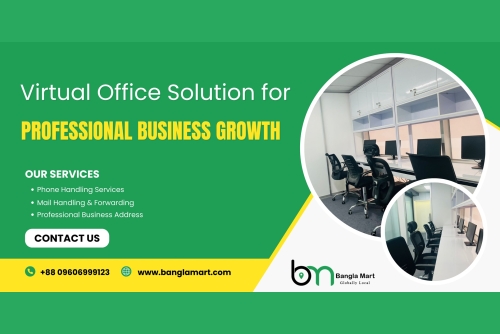Supported decision-making (SDM) is a significant and growing alternative to guardianship. SDM has been defined as a tool under which an individual with a disability selects advisors or supporters, such as friends, family, or professionals, to help the individual gather and evaluate information as well as to help make and communicate decisions. SDM arrangements may be either informal or made pursuant to a signed agreement between the individual and supporters.
Assisting someone to make a decision is not a new concept. Providing such assistance is a traditional function of attorneys, accountants, social workers, and other counseling professionals. What is distinctive about SDM is that such assistance is provided to an individual with a disability, in many cases as an alternative to guardianship; and such assistance is provided in an organized manner, often pursuant to a written supported decision-making agreement that identifies the parties and their respective roles.
Despite the recent flurry of SDM statutes, there is a debate on whether such statutes are needed or useful and a lack of consensus on what features the statutes should contain. But there is no need to wait for a statute to implement SDM in a specific case. SDM arrangements can be implemented today in all 50 states, statute or no statute, by creating formal, written SDM agreements or well-understood informal arrangements. A good legal advisor can help create an agreement appropriate to an individual’s unique situation.












 Resolving PDF Issues in QuickBooks
Resolving PDF Issues in QuickBooks